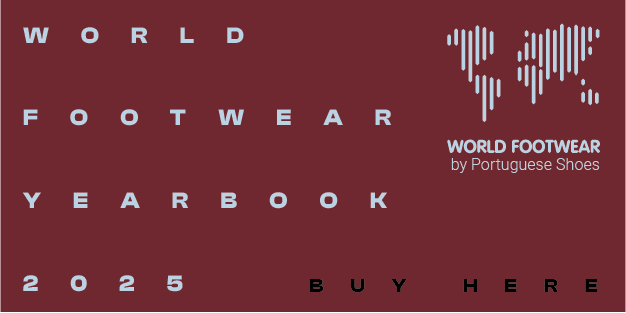Bata’s innovative retail program

Bata, the global footwear company founded in 1894, has an innovative retail program targeting low-income regions. The Aparajita’s program, allowing easier access to areas with poor infrastructures, it’s a key brand awareness tool for the company.
The program is an attempt to go around certain constraints such as high levels of rural poverty, badly functioning markets, lack of rural investment climate and weakness of local institutions, by applying an unconventional retail model based on thousands of village-based vendors. In Bangladesh, local women walk several kilometers every day to sell the products door-to-door, receiving a commission. The name for the program – Aparajitas -, meaning “women who never accept defeat", comes from here. The operating model is simple: there are regional distribution centers around the country, and from these hubs the local representatives deliver the products to the village vendors. The program is run in partnership with CARE, an NGO operating in the country since 1949, who has significant field knowledge.
The program can be seen as an example of a base of the pyramid (BoP) scheme, whose aim is to reach consumers at the base of the pyramid who live with less than 2 USD per day. From a business’ perspective these programs align business goals with sustainability actions, forcing companies and their teams to think differently about marketing and retail strategies as access to technology and information in poorer areas is low or inexistent, and brand awareness requires proximity to the costumer. At the same time, companies involved in these kind of schemes warn that their products must meet the consumer’s needs and be affordable. Publicized as a scenario that benefits the salesforce, the communities and the companies, the scheme allows local rural habitants to have access to consumer goods at lower prices without the costs involved in shopping trips to urban areas. The companies also increase their sales numbers and boost their brand awareness.
Bata confirms: the approach is empowering local sales people, and from a commercial point of view, there has been a “steady increase" of sales. Also, affordability is key, and Bata’s low-cost footwear is mainly made from plastic. Hence, its base of the pyramid lines often cost 1 USD or less.
The company also claims that its low-income customers are its most loyal, so brand awareness is a key issue of the program, and will revert in more sales as low income customers grow into middle class. From a sustainability and social responsibility points of view, Bata underlines the benefits of having accessible shoes to low-income people: the use of plastic shoes helps prevent illnesses, increases school attendance (as shoe ownership is a requirement of many schools) and gives people dignity.
Bata, a key player in the footwear sector, producing and commercializing shoes and accessories for women, men and children, employs more than 30.000 people in 36 countries, of which 23 are in the emerging markets; there are 25 company operated production facilities across 20 countries and 5.000 stores across 60 countries. Bata’s reach is worldwide, however the company favors local presence, with different factories located around the world to focus on the domestic markets. This is simultaneously a cost-cutting strategy and a cultural statement of the company (to know its customers and to create the best possible products to meet their needs).
The program can be seen as an example of a base of the pyramid (BoP) scheme, whose aim is to reach consumers at the base of the pyramid who live with less than 2 USD per day. From a business’ perspective these programs align business goals with sustainability actions, forcing companies and their teams to think differently about marketing and retail strategies as access to technology and information in poorer areas is low or inexistent, and brand awareness requires proximity to the costumer. At the same time, companies involved in these kind of schemes warn that their products must meet the consumer’s needs and be affordable. Publicized as a scenario that benefits the salesforce, the communities and the companies, the scheme allows local rural habitants to have access to consumer goods at lower prices without the costs involved in shopping trips to urban areas. The companies also increase their sales numbers and boost their brand awareness.
Bata confirms: the approach is empowering local sales people, and from a commercial point of view, there has been a “steady increase" of sales. Also, affordability is key, and Bata’s low-cost footwear is mainly made from plastic. Hence, its base of the pyramid lines often cost 1 USD or less.
The company also claims that its low-income customers are its most loyal, so brand awareness is a key issue of the program, and will revert in more sales as low income customers grow into middle class. From a sustainability and social responsibility points of view, Bata underlines the benefits of having accessible shoes to low-income people: the use of plastic shoes helps prevent illnesses, increases school attendance (as shoe ownership is a requirement of many schools) and gives people dignity.
Bata, a key player in the footwear sector, producing and commercializing shoes and accessories for women, men and children, employs more than 30.000 people in 36 countries, of which 23 are in the emerging markets; there are 25 company operated production facilities across 20 countries and 5.000 stores across 60 countries. Bata’s reach is worldwide, however the company favors local presence, with different factories located around the world to focus on the domestic markets. This is simultaneously a cost-cutting strategy and a cultural statement of the company (to know its customers and to create the best possible products to meet their needs).












